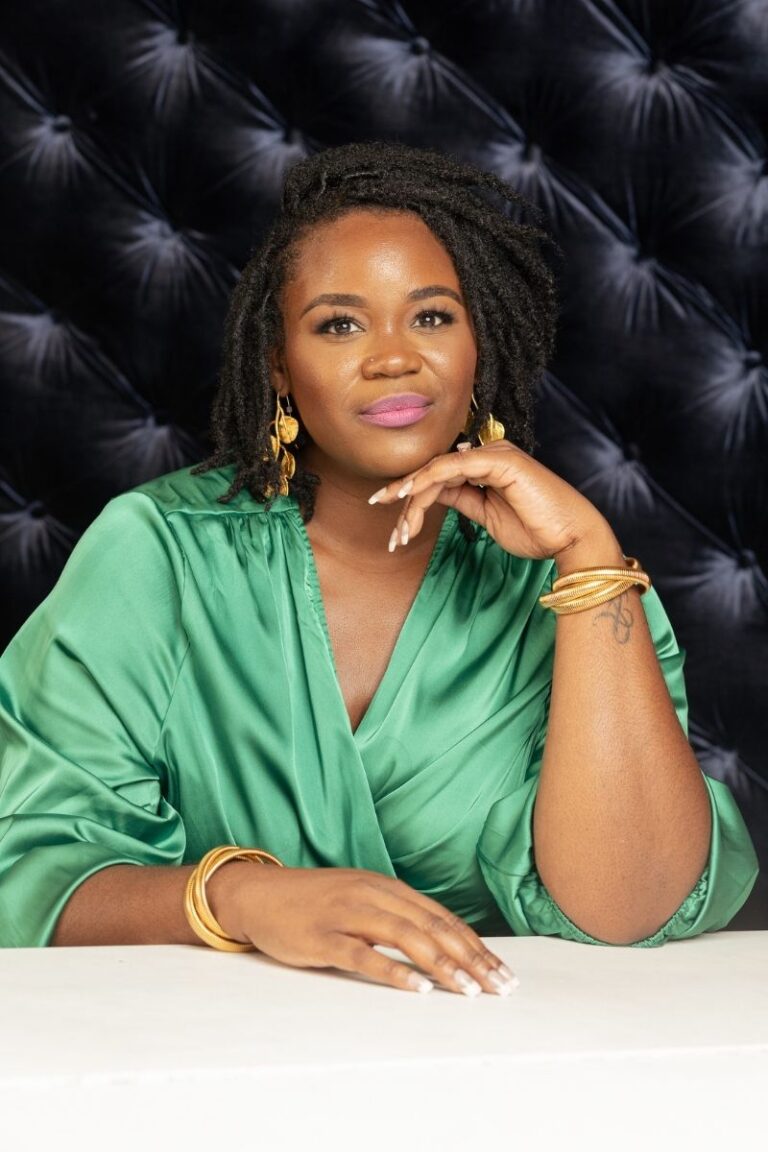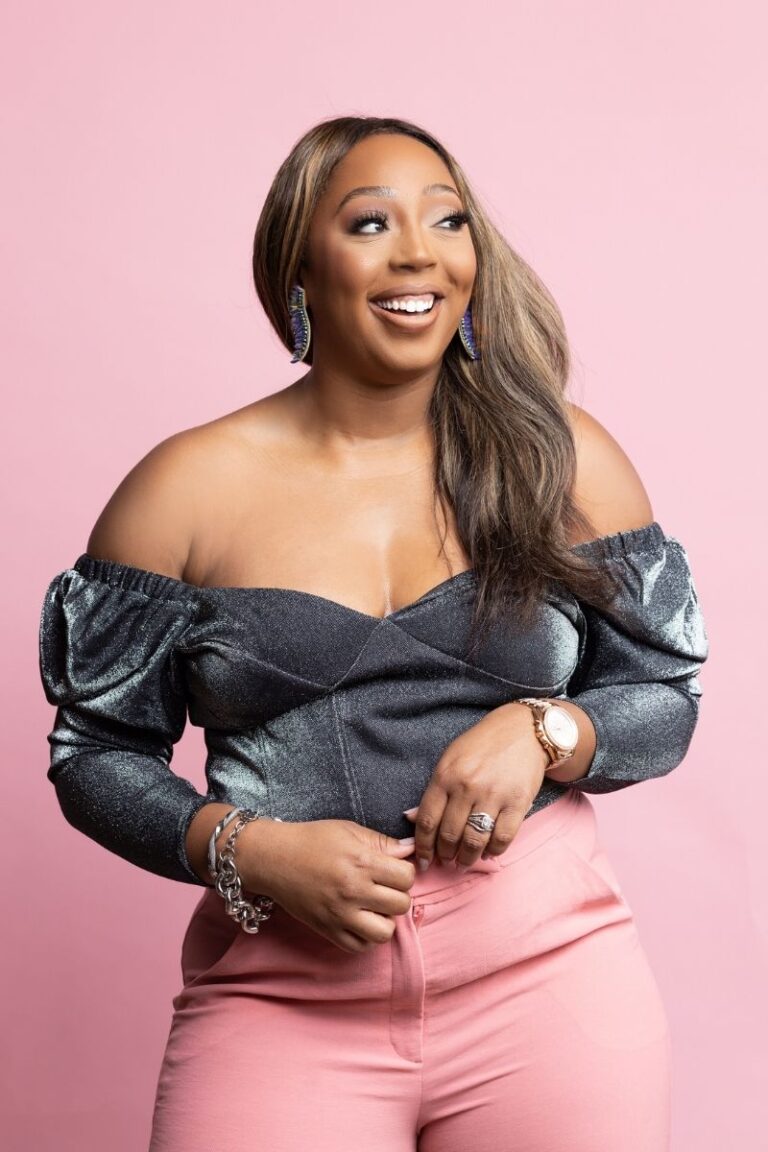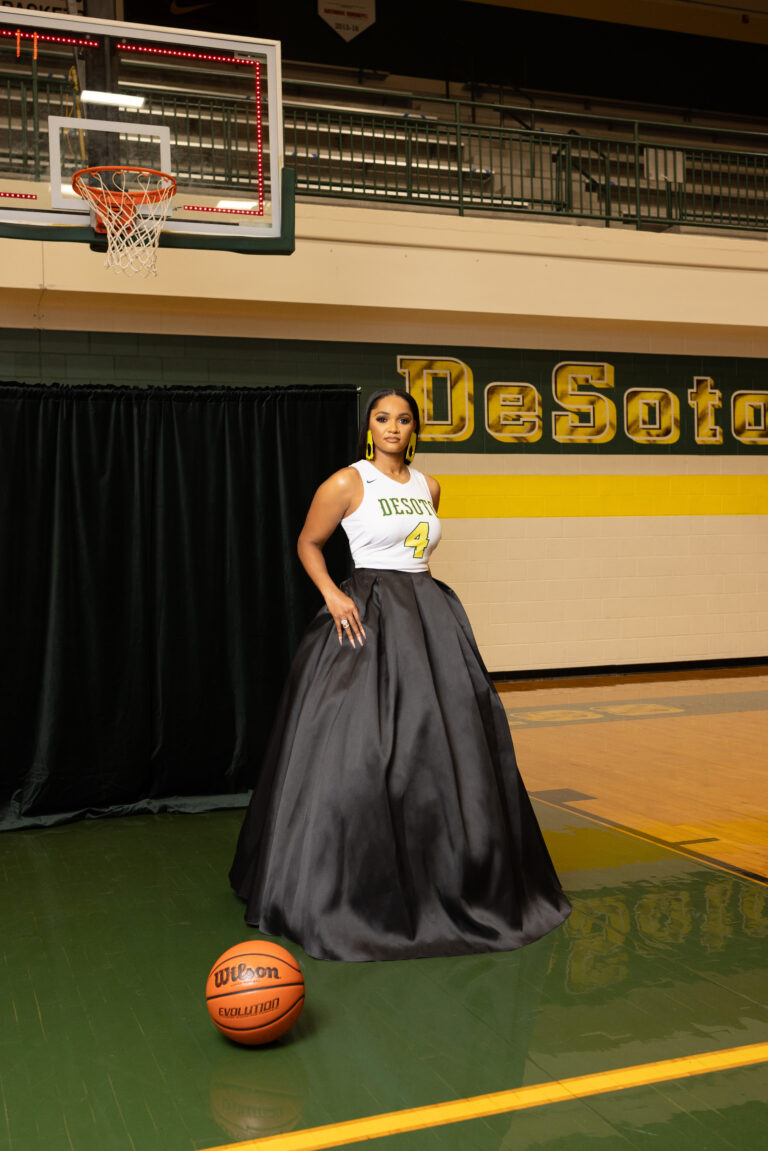Power of Black Love
As a Licensed Professional Counselor who has the honor of serving Black women, love often comes up, including it being the one thing money can’t buy. It’s complicated and can be messy, but it can also be quite beautiful when you find the right one (or when the right one finds you).
Black love is a unique experience shaped by the history and resilience of the Black community. From slavery to Jim Crow to ongoing systemic oppression, Black love has endured and evolved. It has been a source of strength and resistance, a way to find joy and connection in the midst of adversity.
Looking for more lifestyle tips? Check out our blog.

History of Black Love
Historically, Black marriage faced numerous challenges due to the institution of slavery. Enslaved couples were torn apart as loved ones were sold and separated. Despite this, many of our ancestors formed deep bonds and found ways to show love and support for one another, often in secret. This resilience laid the foundation for the strong sense of community and kinship that is still evident in Black families and relationships today.
Black love became a symbol of resistance and unity during the civil rights movement. Couples fought together for equality and justice, using their love as a source of inspiration and motivation.
In more recent years, Black love has taken on new forms as societal norms and perspectives shift. Black love is now celebrated and showcased in various media forms, highlighting the community’s diversity and beauty. From movies like “Love & Basketball” to TV shows like “Insecure,” representations of Black love have become more authentic and nuanced, reflecting the complexities and joys of real-life relationships.
However, Black people still face unique challenges today with love and marriage. The impacts of systemic racism, such as disproportionate incarceration rates and economic inequality, can strain relationships. The constant battle against racial injustice can also take a toll on mental health and emotional well-being, affecting relationships.
Despite these challenges, many Black couples remain resilient. It is found in the small moments of everyday life, the laughter shared between friends, the support given to loved ones, and the connections formed within the community. It is a reminder of the strength and beauty within the Black community and the power of love in overcoming adversity.
It’s important to celebrate Black love and recognize its history. Let us encourage and support healthy relationships within the Black community, recognizing their unique challenges. And most importantly, let us celebrate the beauty and strength of Black love, knowing that it continues to be a powerful force in our society today!
Black Love Today
While Black love still exists, its evolved tremendously over time. Black love means different things to Generation X, compared to Millennials and those from Generation Z. Some factors that contribute to those differences include an increase in divorce rates, as Millennials and beyond feel more empowered to leave loveless marriages; Black women becoming more educated and financially independent (and no longer need financial assistance from a man); an increase in incarceration rates for Black men (taking away their opportunities of being a husband and/or a father); and interracial dating becoming more acceptable, leading Black men to engage in romantic relationships with other races/cultures/ethnicities.
Technology and social media have also played a role in the evolution of images of Black love. Online dating apps and platforms have made it easier for individuals to meet and connect with people who share similar interests and values, regardless of race or ethnicity. This has opened up opportunities for Black individuals to explore relationships with people outside of their immediate communities.
Furthermore, the shift in societal norms and attitudes toward relationships has also impacted how Black love is perceived and pursued. Traditional gender roles and expectations have become more fluid, allowing individuals to express themselves and their desires more freely. This has led to a greater acceptance of diverse relationship dynamics and a move away from traditional notions of what a Black love relationship should look like.
On the positive side, these changes have allowed for more freedom and autonomy when it comes to choosing partners and building relationships. Black individuals have been able to break free from societal constraints and seek love and happiness on their own terms. However, these changes have also brought their own set of challenges and complexities.
Despite these shifts, Black love remains a powerful and resilient force. It continues to thrive and evolve, adapting to each generation’s changing needs and realities.
While the dynamics and factors may differ, the core values of love, respect, and connection remain central to Black love, providing a strong foundation for relationships in all generations.
What are Black women saying in therapy about Black Love?
We know from research that Black women are the most educated population. Furthermore, we know that they work hard. They carry the weight of the “Strong Black Woman” schema and always strive for more. They work hard to excel at everything that is within their control and even work hard to address the issues and things that are outside of their control. This leads to some of the biggest presenting concerns that come up in the counseling room- Black women struggling with finding, receiving, and maintaining Black Love.
Why are Black Women struggling with finding and keeping love?
That is a great question. Common concerns/issues that come up in the therapy room include a need for self-love/discovery/healing (for Black women and their partners), unresolved trauma for self or current/potential partners, issues with managing emotions, grievances related to poor communication, and difficulties with finding potential suitors (for various reasons). In addition to these concerns/issues, Black women being trailblazers and the most educated group in the U.S. also presents a challenge with finding men who match their intellectual needs, including emotional intelligence needs.
How does the absence of romantic love affect Black Women?
One of the main reasons that people engage in therapy is the lack of or the disruption of human connection. This also rings true for Black women who are seeking a romantic connection but can’t find or keep Black love. The absence and/or pursuit of Black love can and has led to depressive and anxiety symptoms. More specifically, relationship issues or the absence of a relationship can often lead to (or worsen) feelings of loneliness, self-doubt, etc., while the pursuit of Black love (i.e.: dating) can lead to anxiety symptoms (i.e., lack of concentration, racing thoughts, unwanted thoughts, fear, etc.), as waiting on good morning or good night texts can make a woman grow weary.
What are some tips that Black Women can use when in search of love?
I’ve heard many clients ask if they are ready for love, as they often feel incapable of sharing love during their therapeutic journeys.
I would attribute this to the old saying, “you have to love yourself first before you can love someone else.” While there might be some truth to this saying, there is also room to debunk that saying, as people (especially women) often love others more than they love themselves, including putting others’ wants, needs, and feelings before their own.
With this in mind, Black women don’t need to be “perfect” before seeking or engaging in love, but a few things can assist them in their journey of Black love. First, engaging in a therapeutic journey can be helpful, as you can address and resolve past trauma (including relationship trauma), increase self-worth/love/confidence, learn how to manage emotions, and learn helpful communication techniques.
Next, engaging in self-love is essential, as it is important to give yourself the things you need and want. This can ensure that you define how you want to be loved so that you don’t accept anything less from your current or future partner.
Lastly, in the words written in Habakkuk and often stated by our friend, Saria Hawkins-Banda, “Write out the vision and make it plain.”
Be clear about who you want and what you want! Get creative. Write out every detail regarding the person that you want and desire to be in your life. This will ensure that you are clear about what you are looking for, making it easier to accept or decline that next date!






